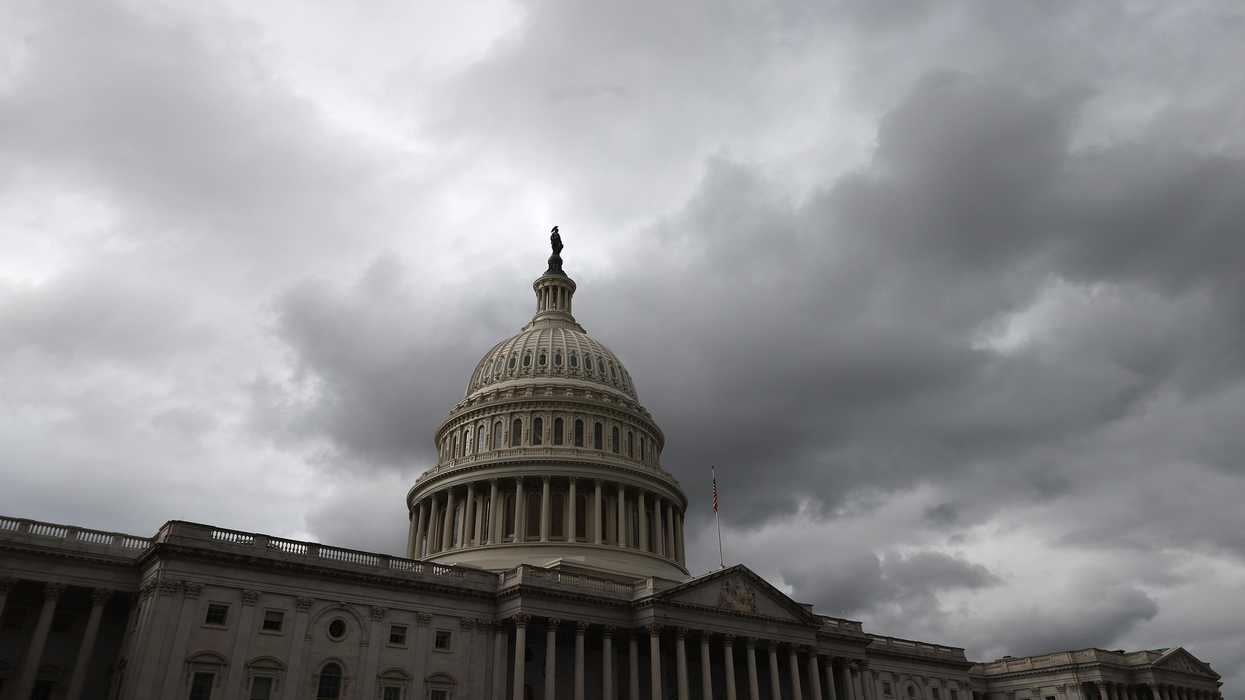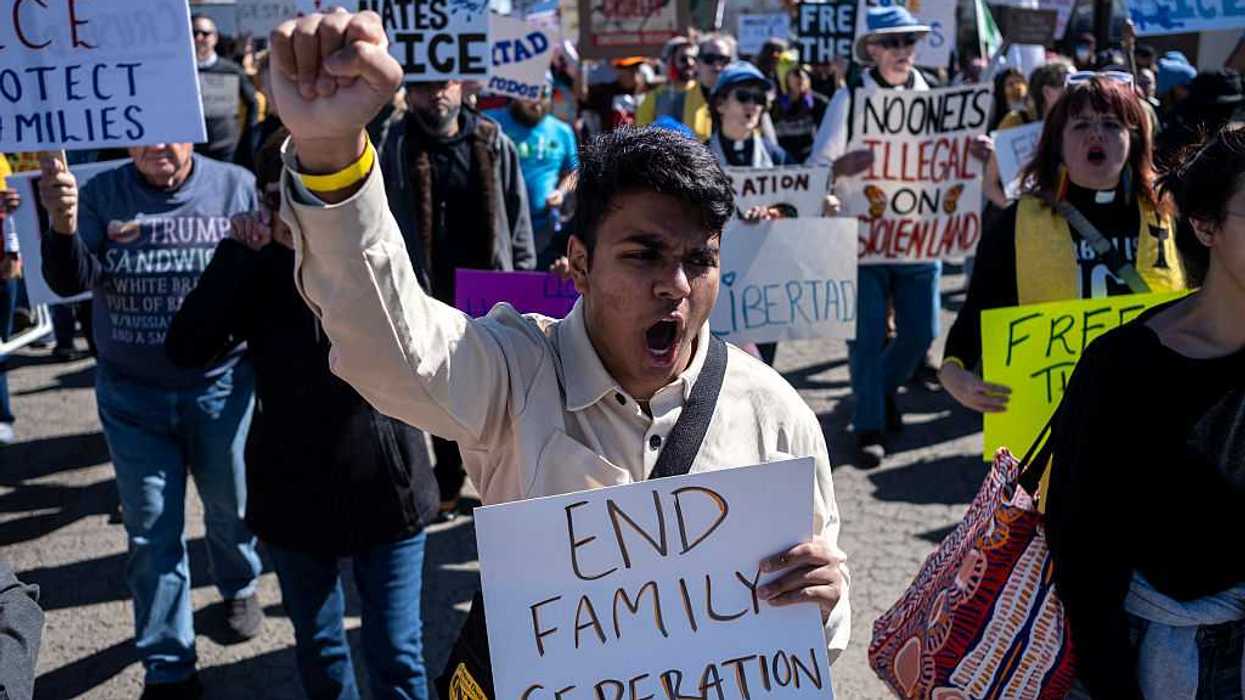The quality of education in our public schools, particularly education for Black and Brown children, is at stake if President-elect Donald Trump follows through on what he said in September while campaigning.
“I say it all the time, I’m dying to get back to do this. We will ultimately eliminate the federal Department of Education,” he said during a rally in Wisconsin. “We will drain the government education swamp and stop the abuse of your taxpayer dollars to indoctrinate America’s youth with all sorts of things that you don’t want to have our youth hearing.”
If the Trump administration eliminates the Department of Education it would mean that less money will go into public schools, which already don’t receive enough funds and serve more children of color than private schools. With fewer resources heading to schools, high-quality public education will be even more out of reach for Black and Brown children than it already is. Research has long indicated that access to high-quality, well-resourced public education can serve as a buffer against negative child outcomes, especially among children of color. If public school funding is funneled into private schools, the harsh reality is that Black and Brown children's potential will be severely constrained.
Project 2025, if implemented, would ultimately eliminate Head Start, a federal program that helps millions of low-income families and their children access high-quality, comprehensive early education, health care, nutrition and other family services. Head Start has demonstrated for decades its lifelong impact on Black and Brown children’s success.
It is impossible to ascertain at this juncture if Trump and his administration will follow through with some or all of the campaign rhetoric. Hopefully that will not be the case, but if they do, the opportunity gap that currently exists between Black and Brown children and their white peers will grossly widen, stunting the opportunities for children of color to reach their potential in school and in life.
Trump has also repeatedly expressed that as early as day one of his presidency, he will remove public funds that support diversity, equity, and inclusion training for staff, initiatives for students, and curriculum. He has proposed this despite a bulk of education studies consistently demonstrating that DEI is important for positive development for all children.
Several states have already banned many of these DEI training, practices and curriculums. If federal funding is further reduced or eliminated altogether, Black and Brown children in particular can expect fewer learning experiences and materials that affirm both their cultural backgrounds and very existence. Teachers would certainly be barred from DEI training or teaching it in their classrooms; curriculum on African-, Asian-, Latin-, and Native American history would be eliminated; and classroom materials embracing the experiences of Black and Brown children in all likelihood would be removed. When there is a focus just on white history, culture and principles, Black and Brown children don’t have the same opportunities and meaningful resources to help them reach their fullest potential.
In the coming months I will be watching closely to see what plans are instituted, what are modified and what was just rhetoric to get votes. Depending on what changes are enacted teachers will be less equipped to understand and support our nation’s rapidly diversifying child population. A focus just on white history, culture, and principles will have the harmful result of ostracizing Black and Brown children and making learning irrelevant to them.
All of us must be watchful and understand that education is not the only agenda item that could severely impact Black and Brown children. Negative plans have been discussed in health care, environmental protection, immigration and the economy. It’s possible that these policies will be enacted shortly after Inauguration Day on the so-called “day one” — and thus the reason for attention now.
It’s ironic that Martin Luther King Jr. Day and Inauguration Day are the same day. But in some ways the overlap encourages us to have some hope. If we harken back to MLK’s famous “I have a dream” speech at the Lincoln Memorial, we can recount the words, “I say to you today, my friends, that in spite of the difficulties and frustrations of the moment, I still have a dream.”
If your dream is to protect the lives of children, you still have the tools to fight against potential harmful executive orders or legislation in the next four years.
You can make a difference.
At local levels, speak with your district’s school board; provide comments for or testimonies at your board’s public meetings; work with coalitions of parents and other adults in children’s lives to push back on Trump’s plans. Within your state, contact your Department of Education, governor’s office and elected representatives to ensure that all children, including Black and Brown children, have equitable access to high-quality education.
For federal or national impact, get in touch with the staffers of your House members or senators to share your concerns and donate to civil rights organizations like the NAACP and ACLU, as well as nonprofit organizations like Start Early and the National Black Child Development Institute, who will fight in legal battlegrounds and continue to provide the resources our Black and Brown children deserve.
Siskind, is a Senior Research Scientist at Start Early, a researcher with the Educare Network, and a Public Voices fellow with the OpEd Project in partnership with the National Black Child Development Institute.




















